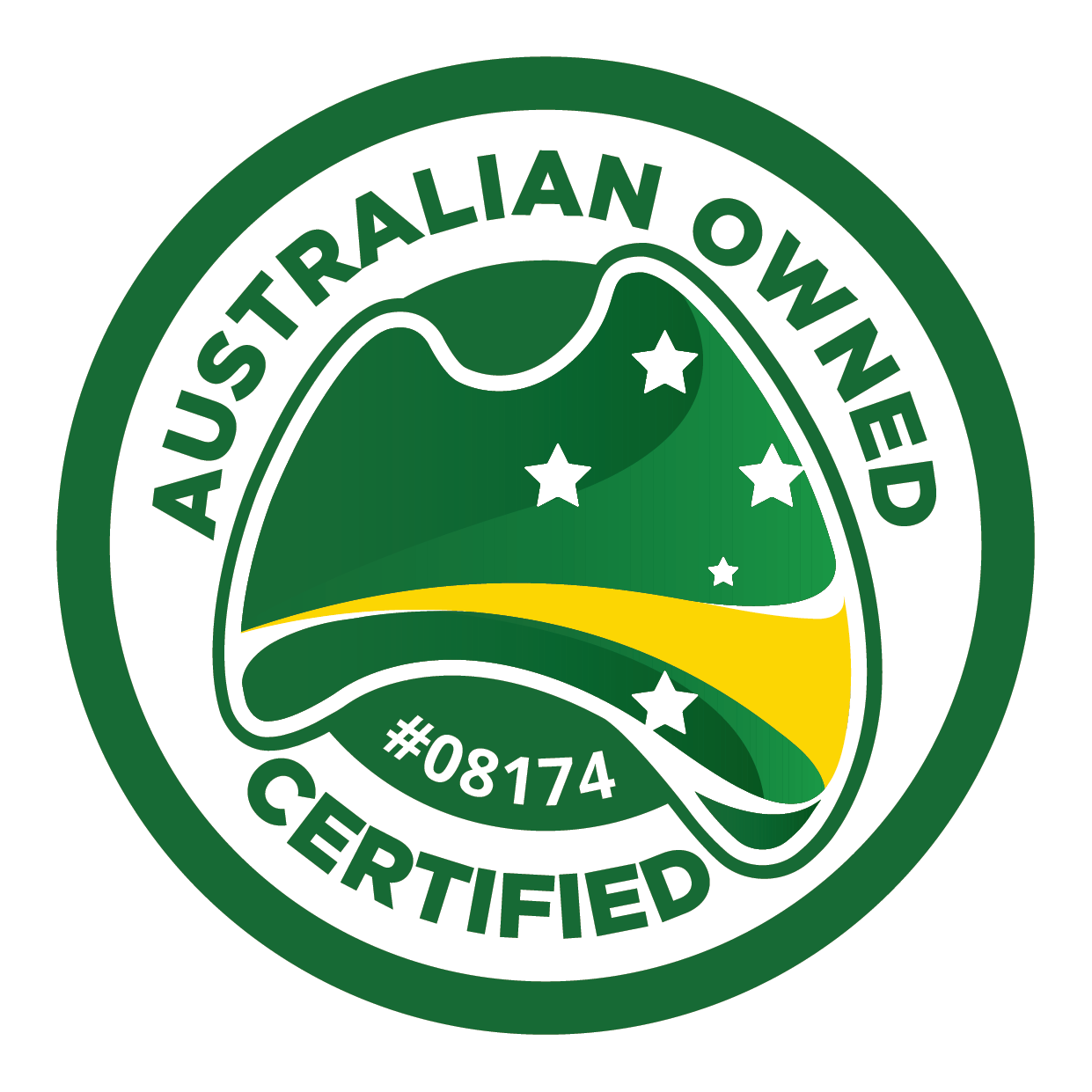ELICOS for the International Students (Part 2 of Part 3)

In the last newsletter we discussed the following:
- What is ELICOS and what it stands for
- Who ELICOS applies to?
- What is the definition of ELICOS?
- What is included in the ELICOS?
- What are the benefits of having ELICOS programs on scope
- Guidelines for regulatory authorities
- What are ELICOS providers and their types?
- The status of English Language Teaching in Australia
In this article we will discuss the following:
- Can ELICOS and VET Co-exist?
- English language requirements to enrol in the course and length of the course
- What resources usually ELICOS students require?
Can ELICOS and VET co-exist?
This has been one of the most important questions in the current training and education environment. ELICOS courses require strict face-to-face learning and interaction, therefore, attendance requirements are quite stringent for students. VET on the other hand is a competency-based system, where course progress takes the priority over minimum attendance requirements. This makes it difficult for organisations and students alike who have been part of both systems and their separate requirements.
The other differences are that ELICOS teachers must have graduate qualifications as their staff credentials whereas the VET trainers and assessors must meet the “vocational” training and education requirements. The ELICOS standards and courses also require a specific class size, a maximum teacher-to-student ratio, pre and post student assessment requirements, library and specific student support and welfare prerequisites.
The changes introduced on the 11th October, 2017 and that came in effect as of the 1st March, 2018 addressed a number of broad areas of delivery and administration of ELICOS programmes. Most notably, the updated standards:
- Set out a requirement for “formal measures…to ensure that assessment outcomes are comparable to other criteria used for admission to the tertiary education course of study” in cases where “ELICOS courses are provided under a direct entry arrangement to a tertiary education course.”
- Amend the definition of “ELICOS provider” to ensure that all registered intensive English language courses, including those offered by vocational education and training (VET) institutions, are now drawn within the scope of the ELICOS standards.
These changes also made it very clear that “Vocational English” courses such as English as an Additional Language (EAL) are no longer applicable to International students and RTOs must register and deliver ELICOS course programmes if they want to run English courses for International/overseas students.
These changes have therefore affected the VET providers with English courses for the international students, a sector that was regulated separately and had not been subject to ELICOS requirements to this point.
English language requirements to enrol in the course and length of the course
ELICOS courses are designed to improve English language skills in preparation to study or to progress in a career. General English courses help the students to develop their day-to-day communication using the English language, and prepares them for further English language studies. On the other hand, English for academic purposes assists the student to study further vocational and higher education studies. The other ELICOS courses such as English for IELTS or PTE are also designed for their own specific purposes and objectives such as preparing students to appear in the official English language testing system.
The correct length, English language requirements and content of the course depends upon student’s existing English language skills. Course duration of each course can be between 5 to 50 weeks and courses usually begin every week or fortnight at ELICOS centres. Students are required to prove their English level through accepted English language tests such as the following to enrol in the English courses.
- International English Language Testing System (IELTS)
- Test of English as a Foreign Language (TOEFL) internet-based test (paper-based test is accepted from limited countries)
- Cambridge English: Advanced (CAE)
- Pearson Test of English (PTE) Academic
- Occupational English Test (OET).
General English usually has an IELTS score of 4.0 or 4.5 on the academic module or an equivalent score in another accepted test. English for Academic Purpose usually has an IELTS score of 5.0 or 5.5 on the academic module or an equivalent score in another accepted test.
It’s important to remember that for results to be accepted, the test must have been completed no more than two years before the application is made.
What resources usually do ELICOS students require?
The ELICOS students usually require the following resources:
- Placement tests (pre and post)
- Self-guided learning material
- Online learning resources
- Group projects and excursions
- Access to the student clubs
- Learner resources according to their needs and requirements
- Assessment resources (formative and summative)
Our ELICOS course list includes the following:
If you are interested in adding ELICOS to your scope or you need quality assessment and learner resources, we have the following resources currently available:
- General English – Elementary to Advanced (5 Levels)
- English for Academic Purpose – Elementary to Advanced (5 Levels)
- English for IELTS – Elementary to Advanced (5 Levels)
- English for PTE – Elementary to Advanced (5 Levels)
We are currently developing resources for the following ELICOS resources:
- English for Business
- English for Travel and Tourism
- English for Hospitality
Speak with one of our ELICOS experts today on how we can assist you with quality training and assessment resources and addition to scope. Send us email toinfo@caqa.com.au for more information.
Stay tuned for more… our coming newsletters will cover the following topics:
- Part 3: Understanding the ELICOS Standards (In a nutshell)
- Special edition on frequently asked questions and answers on ELICOS.












